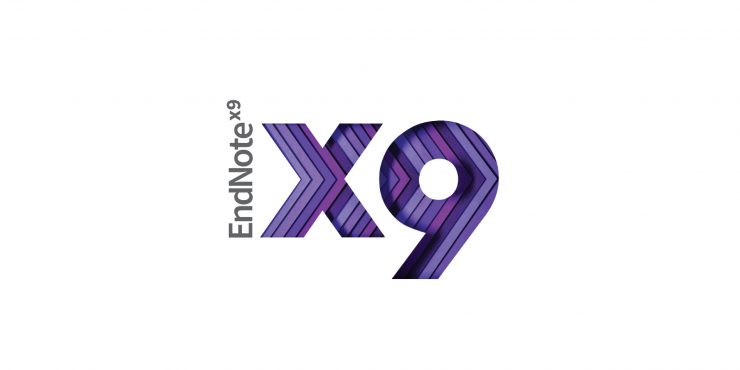

Selections of the local reference library data can later be exported as formatted bibliographies. Items are organized through a drag-and-drop interface, and can be searched. Users can then add notes, tags, attachments, and their own metadata. Zotero can also save a copy of the webpage, or, in the case of academic articles, a copy of the full text PDF. For mobile devices or browsers that do not support the Zotero Connector extension a bookmarklet is available.

Such functionality is made possible by 'translators' – short pieces of computer code, or scripts to understand the structure of web pages and to parse them into citations using its internal formats. Clicking this icon saves the full reference information to the Zotero library. When the Zotero Connector extension is installed in a compatible web browser, a special icon appears in the browser toolbar when a catalog entry or a resource (book, article, thesis) is being viewed on many websites (such as library catalogs or databases like PubMed, Google Scholar, Google Books,, Wikipedia, and publishers' websites). The name "Zotero" is loosely derived from the Albanian verb zotëroj, meaning "to master". 3 Extensions, plugins, related applications.


 0 kommentar(er)
0 kommentar(er)
